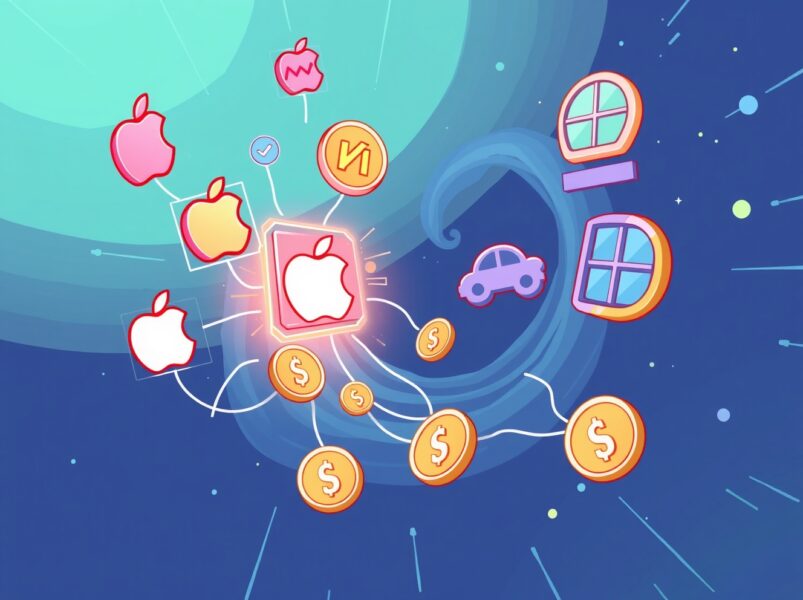The United Arab Emirates took a step toward aligning its digital asset policies with international tax standards by signing the Multilateral Competent Authority Agreement on the Automatic Exchange of Information under the Crypto-Asset Reporting Framework (CARF).
The UAE’s Ministry of Finance (MOF) announced the agreement on Saturday, formalizing the UAE’s commitment to implementing the Organisation for Economic Cooperation and Development’s (OECD) global regime for digital asset reporting.
CARF creates a mechanism for the automatic exchange of tax-related information on crypto asset activities between participating jurisdictions. This strengthens international cooperation on transparency and tax compliance.
The MOF announced that the UAE will roll out the framework in 2027, with the initial information exchange expected to start in 2028.
Cointelegraph reached out to the UAE Ministry of Finance for more information, but did not receive a response by publication.
Public consultation underway
To prepare for implementation, the UAE launched a public consultation to gather feedback from industry stakeholders, including exchanges, custodians, traders and advisory firms. The consultation opened Sept. 15 and will close Nov. 8.
The UAE joined 50 other jurisdictions that have committed to implementing CARF in the coming years, setting the stage for a global approach to crypto tax reporting.
Countries including New Zealand, Australia and the Netherlands have also committed to adapting the framework.
On June 6, Switzerland also moved forward with the plans to automatically share crypto-related tax data with 74 partner countries. The Swiss government adopted a bill that would enable the automatic exchange of information, sharing data with most G20 countries.
Related: MiCA under pressure as national regulators challenge passporting
South Korea to join CARF countries in tax info sharing
On Sept. 2, South Korean media outlet Nate reported that the country had also finalized the agreement to implement CARF to share crypto tax data with participating jurisdictions.
The country’s National Tax Service will be collaborating with local crypto exchanges and international organizations to automatically share tax information.
Apart from participating in the global information exchange framework, the country has also cracked down on tax delinquents’ crypto assets.
On Aug. 17, South Korea’s Jeju City engaged in freezing and seizing crypto assets of users believed to be dodging tax requirements.
Magazine: XRP is Thailand’s top performing asset, Shanghai dumps FIL: Asia Express
Source: https://cointelegraph.com/news/uae-signs-oecd-crypto-tax-reporting-carf?utm_source=rss_feed&utm_medium=feed&utm_campaign=rss_partner_inbound


